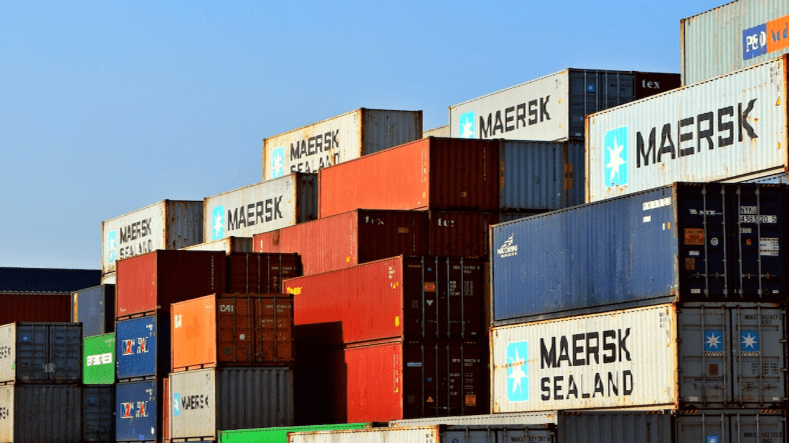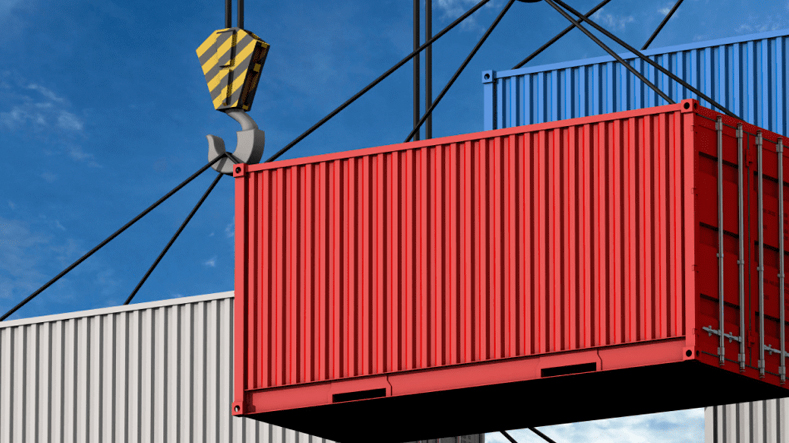Project Cargo
Project cargo, also known as heavy lift or oversized cargo, refers to the transportation of large, heavy, or bulky goods that require specialized handling and logistics expertise. These cargoes may include industrial equipment, machinery, construction materials, and other specialized items that are used in large-scale projects such as infrastructure development, energy projects, and industrial installations.
Transporting project cargo requires careful planning, coordination, and execution due to the unique characteristics and challenges associated with oversized and heavy loads. Some of the key considerations in project cargo logistics include route planning, obtaining necessary permits and approvals, selecting appropriate transportation modes such as road, rail, sea, or air, securing specialized equipment such as cranes and trailers, managing customs and regulatory requirements, and ensuring proper handling and storage throughout the transportation process.


Project cargo is any shipment of freight that can't slot in a customary container, or that's considered 'out-of-gauge'. This includes cargo which is exceptionally heavy, long, wide or composed of complex components that has to be disassembled, shipped and reassembled. Project cargo can still be considered a distinct segment market, but over ever it requires specialized expertise.
Benefits of Sea Freight
Project cargo, also known as heavy lift or oversized cargo, refers to the transportation of large, heavy, or complex shipments that require specialized handling, equipment, and expertise. Project cargo can include items such as machinery, equipment, vehicles, wind turbines, transformers, and other oversized or specialized goods. There are several benefits of using project cargo services for transporting such shipments, including:
Specialized Handling: Project cargo often requires specialized handling techniques, such as lifting, rigging, and securing, to ensure safe and secure transportation. Project cargo service providers have the expertise and experience in handling such cargo, which reduces the risk of damage or loss during transportation.
Customized Solutions: Project cargo service providers offer customized solutions to meet the unique transportation requirements of each shipment. They carefully plan and design transportation routes, select appropriate equipment and packaging, and arrange for necessary permits and documentation, taking into consideration the size, weight, and dimensions of the cargo, as well as the transportation mode and destination.
Cost-Effective: Despite the specialized handling and equipment requirements, project cargo services can often be more cost-effective compared to other transportation options. Project cargo service providers leverage their expertise and industry connections to negotiate favorable rates with carriers, optimize transportation routes, and minimize delays or disruptions, resulting in cost savings for the shipper.
Time-Saving: Project cargo service providers have the knowledge and experience to handle complex logistics and regulatory requirements, which can save time for the shipper. They can efficiently manage documentation, permits, customs clearance, and other formalities, allowing the shipper to focus on their core business activities.
Risk Management: Project cargo transportation involves inherent risks due to the size, weight, and complexity of the cargo. Project cargo service providers have the expertise to identify and mitigate risks associated with transportation, such as route planning, cargo securing, and insurance coverage, reducing the risk of damage or loss during transit.
Reliable and Efficient: Project cargo service providers have a proven track record in handling complex shipments, and they have established networks and partnerships with carriers, customs agents, and other stakeholders. This ensures reliable and efficient transportation, minimizing the risk of delays or disruptions.
Flexibility: Project cargo service providers offer flexibility in transportation options, including various modes of transport such as air, sea, rail, or road, depending on the specific requirements of the cargo and the destination. They can also handle last-minute changes or contingencies, providing flexibility in transportation plans.
